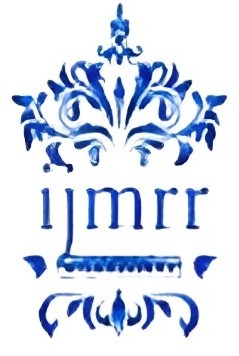Assessing Information Literacy Skills among University Students: A Librarian's Perspective
Keywords:
Information literacy, university students, academic libraries, information competency assessment, ACRL FrameworkAbstract
Information literacy is a vital skill for academic success in today’s higher education landscape. This secondary research study investigates university students' information literacy competencies through a comprehensive analysis of published assessment-based studies conducted by academic librarians worldwide. Drawing on validated frameworks such as the ACRL Information Literacy Framework and assessment tools like TATIL and ILSES, the study identifies key trends in student performance. Findings indicate that while approximately 73% of students demonstrate basic college-level information literacy, only 25% reach research-level proficiency. Demographic disparities are evident, with first-generation college students consistently underperforming compared to their continuing-generation peers. Furthermore, students frequently overestimate their abilities, with self-assessed competencies averaging 1.0–1.5 points higher than actual scores on 5-point scales. Among all competencies, source evaluation and information synthesis remain the most challenging. Library instruction programs are shown to have a measurable positive effect, especially those employing embedded librarian models, which report effect sizes of 0.5 or more. The synthesis highlights urgent needs for targeted support for vulnerable student groups, improved metacognitive skill-building, and expanded, curriculum-integrated instructional approaches to enhance information literacy across diverse academic populations











